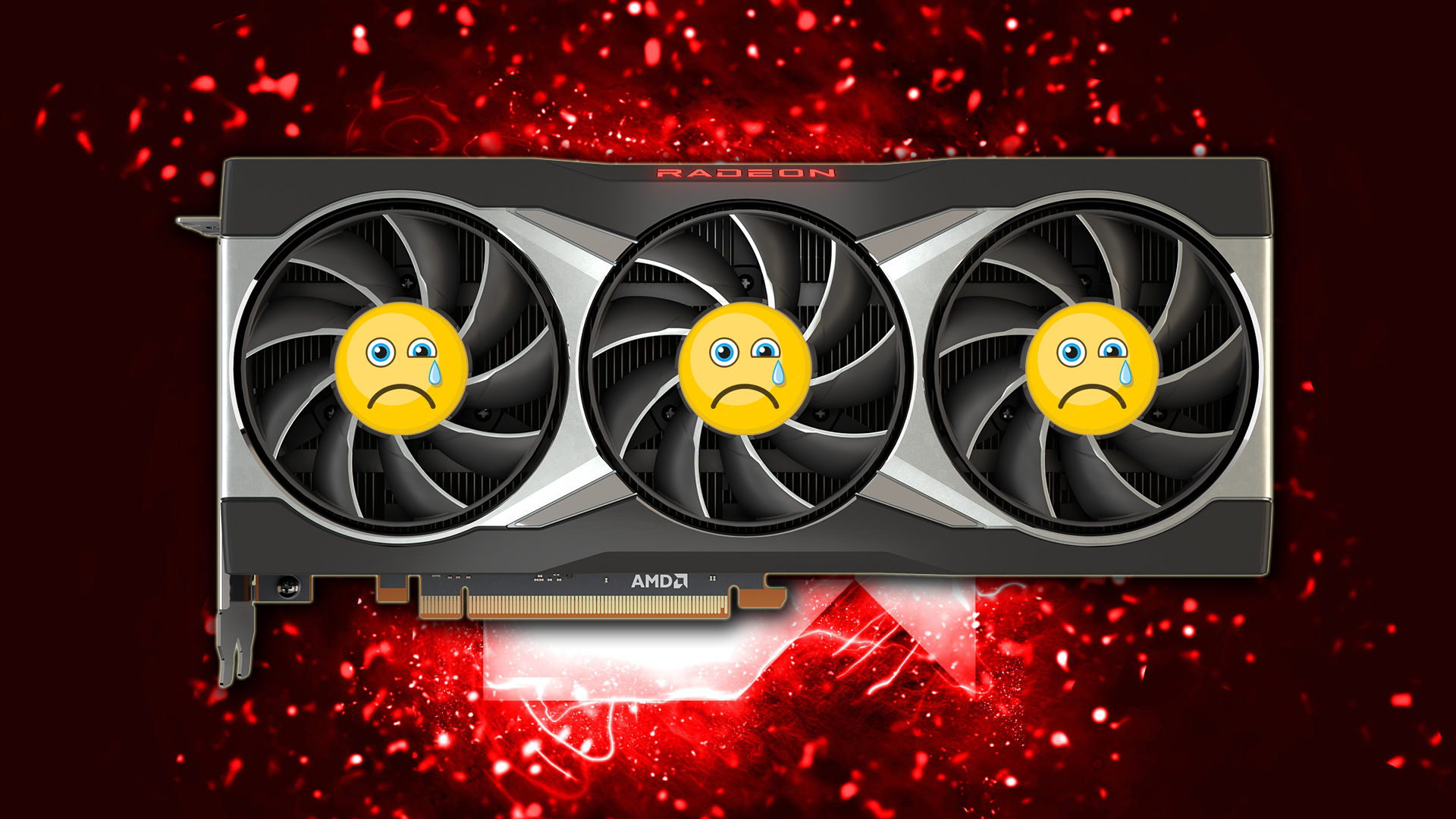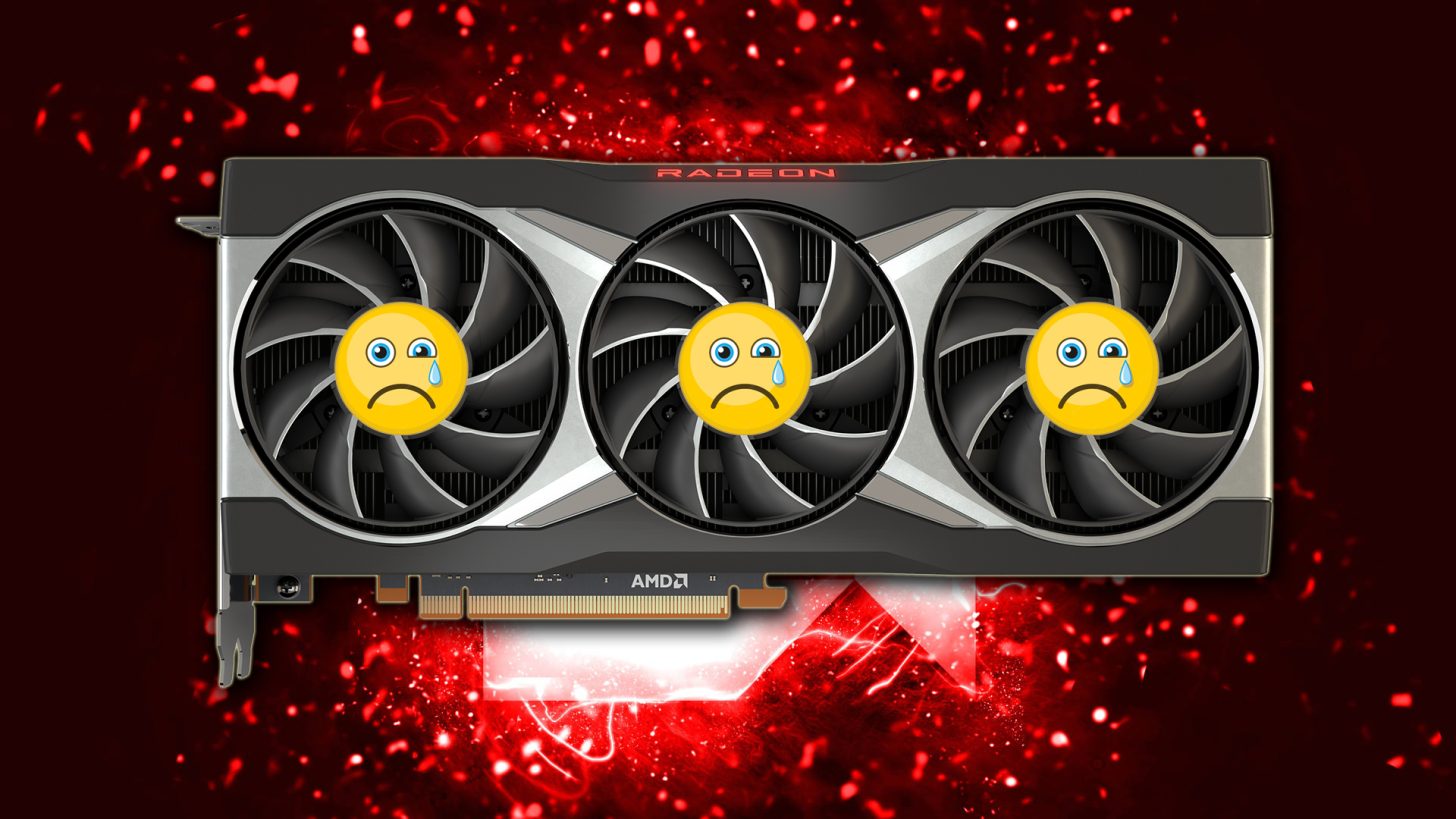
In a surprising move for AMD users, the company has announced significant changes for its RDNA 1 and RDNA 2 GPU lineups, specifically the Radeon RX 5000 and RX 6000 series. These graphics cards will no longer receive game optimization and feature updates, a decision that has sparked a mix of disappointment and concern among gamers who rely on these GPUs for top-notch performance.
End of the Road for Radeon RX 5000 and RX 6000 Series
The Radeon RX 5000 series, introduced in 2019, and the RX 6000 series from 2020, are the latest to face AMD’s new strategic direction. According to recent release notes for AMD’s Adrenalin Edition 25.10.2, support is being shifted towards newer models, with the RX 7000 and RX 9000 series receiving the latest game optimizations and expanded Vulkan Extensions Support. Meanwhile, RDNA 1 and RDNA 2 will not enjoy these benefits, as AMD confirmed its decision to cease game optimization and feature updates for these GPUs.
RDNA 1 and RDNA 2 graphics cards will continue to receive driver updates for critical security fixes and bug resolutions. To focus on optimizing and delivering new and improved technologies for its latest GPUs, AMD is placing the Radeon RX 5000 and RX 6000 series (RDNA 1 and RDNA 2) into maintenance mode with the AMD Software Adrenalin Edition 25.10.2 release. Future driver updates with targeted game optimizations will be focused on RDNA 3 and RDNA 4 GPUs.
Focus Shifts to Newer GPU Generations
While the RX 5000 and RX 6000 series will still receive critical security updates and bug fixes, all efforts will now be directed at the RX 7000 and RX 9000 models. This shift leaves many owners of these once-cutting-edge GPUs feeling neglected and unsure about AMD’s future support for its products. The decision raises concerns, especially compared to NVIDIA’s long-term support for its older series like Maxwell and Pascal, which spanned nearly a decade.
